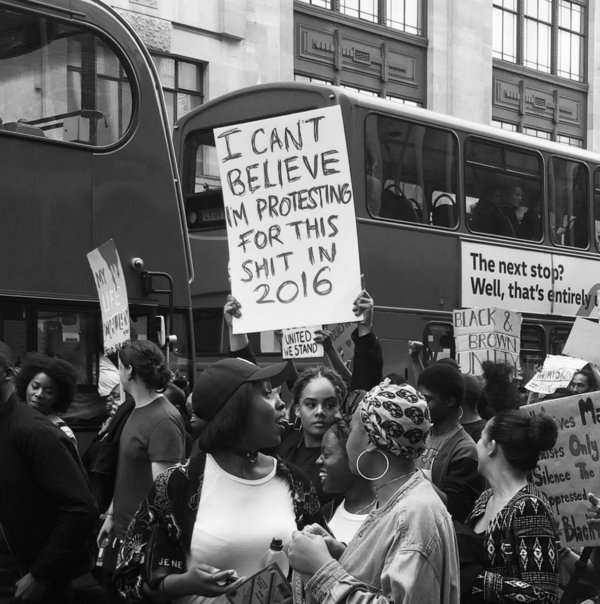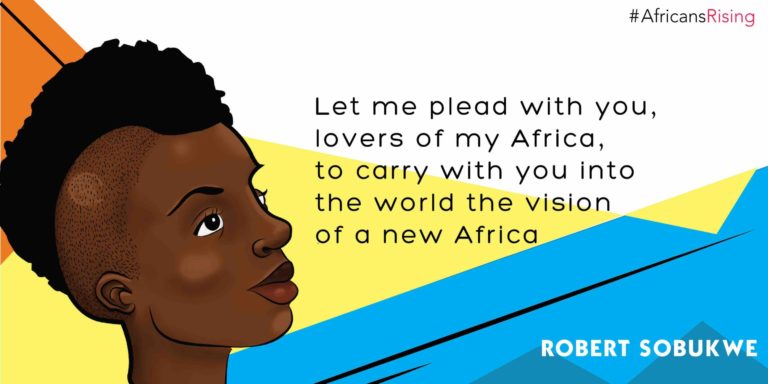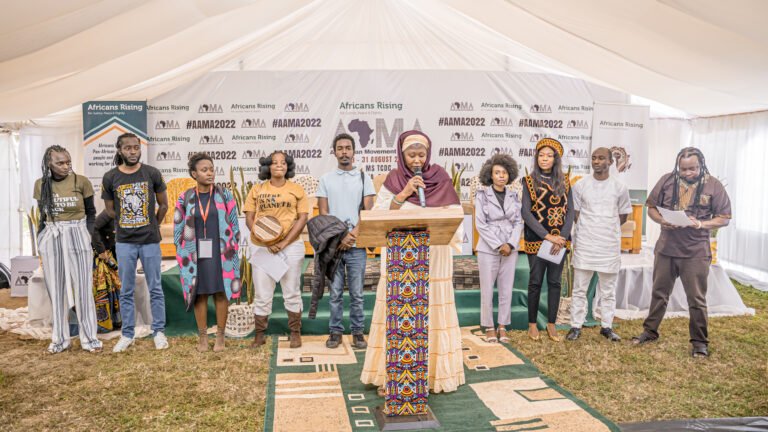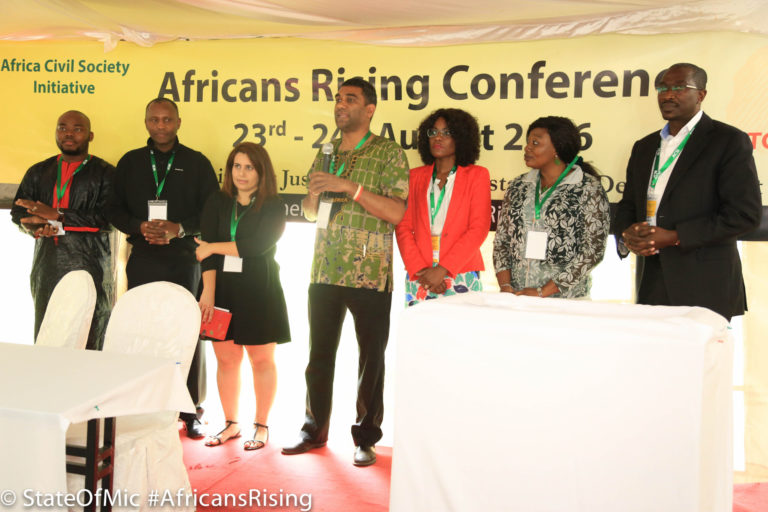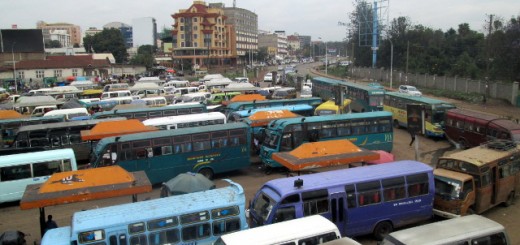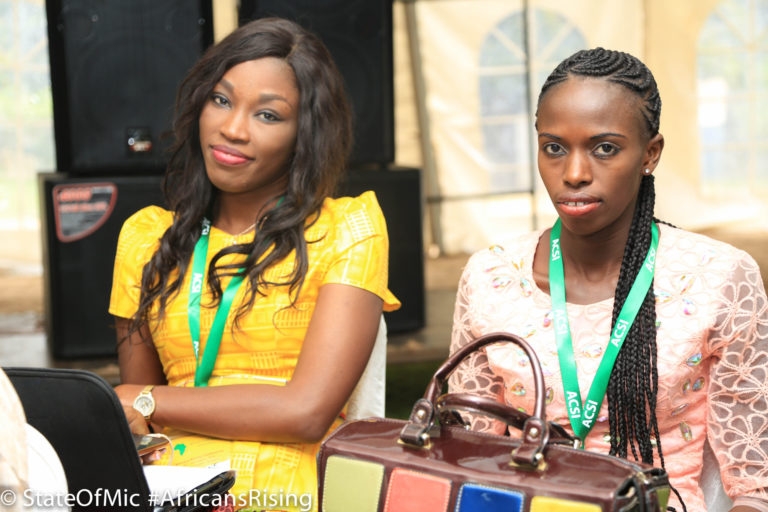JOINING FORCES TO LEAVE NO ONE BEHIND
When the Member States of the United Nations approved the 2030 Agenda for Sustainable Development in 2015, they agreed that the Sustainable Development Goals and Targets should be met for all nations, peoples, and for all segments of society. Governments and stakeholders negotiating the 2030 Agenda backed the ambition of leaving no one behind, and ambition increasingly referred to in development policies, international agendas and civil society advocacy.
“We cannot claim to be on track to leave no one behind when women and girls continue to be disproportionately affected by the risk of poverty: 330 million women and girls live on less than USD 1.90 a day, which is 4.4 million more than men. We cannot claim to be building a better future for all when by 2030, more than 2.3 billion people, or about 27% of the world’s population, will live in fragile contexts, including under the threat of conflict situations, forced displacement, pandemics, violent extremism, famine and natural disasters. This includes more than 80% of the world’s poorest”, said Angel Gurría, OECD Secretary-General.
How can we transform this ambition into reality? Policymakers, civil society, and business are asking for more clarity on how to ensure that no one is left behind in practice. What does it mean for the design and delivery of economic, social, and environmental policies? How should development co-operation policies, programming, and accountability adapt? What should governments, development partners, and the international community do differently to ensure that sustainable development goals benefit everyone and the furthest behind first?
One question that Africans Rising helped attempt to answer throughout these borderless conversations was centered around the role of African civil society organisations in leaving no one behind. Our founding chair Kumi Naidoo, as well as the movement’s coordinators Coumba Toure and Muhammed Lamin Saidykhan, have deduced from their multiple interactions with civil society leaders and the Africans Rising community at large, that civil society organisations already play pivotal roles in identifying who is being left behind, in undertaking programmes to support them, in filling data gaps, and in advocating for groups that are not otherwise seen or heard.
In a dedicated chapter, Africans Rising explores and identifies the obstacles that prevent civil society in Africa from fulfilling its potential to serve and stand up for the marginalised – including restrictions on civic space and ineffective funding structures. Read the full report
Informed by the latest evidence on what it means to be left behind, the Development Co-operation Report: Joining Forces to Leave No One Behind addresses a wide range of perspectives and draws lessons from policies, practices and partnerships that work. The report proposes a holistic and innovative framework to shape and guide development co-operation policies and tools that are fit for the purpose of leaving no one behind.

